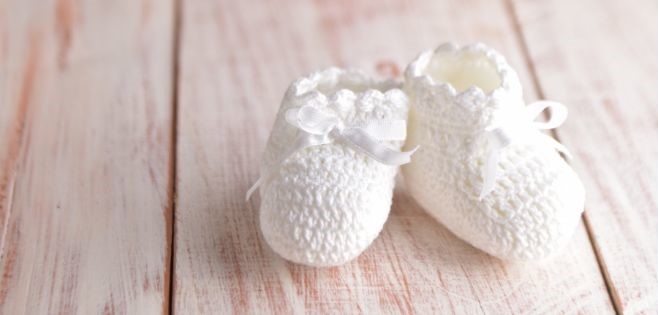
Childbirth is one of the most powerful experiences in a woman’s life. Medically, it’s a process with well-defined phases and protocols. But what happens when we reinforce one element of the equation – kindness?
A growing body of research confirms that a mother’s emotional well-being—her sense of safety, respect, and autonomy—has a direct impact not only on her birth experience but also on maternal and neonatal health outcomes.
Emotions and Oxytocin, A Fragile Hormonal Balance
Physiological labor is governed by hormones and highly sensitive to external conditions. The main actor is oxytocin—the hormone of love and trust—that triggers contractions and supports mother–infant bonding.
According to a study published in Midwifery (2017), women who felt supported and in control during labor experienced:
- 28% lower risk of postpartum depression
- 31% higher likelihood of rating the birth as positive
- fewer complications and less analgesia use
What Does Respectful Maternity Care Mean?
Respectful care includes:
- Informed consent – the mother understands and agrees to what happens
- Choice of position, environment, and birth companion
- Protection of intimacy unless intervention is necessary
- Empathic communication from healthcare providers
The WHO’s 2018 guidelines advocate for “woman-centered care,” combining clinical efficiency with emotional support.
Data That Speaks Volumes
- According to Birthrights UK (2020), 1 in 3 women reported feeling disrespected or unsupported during childbirth.
- Countries with established respectful maternity care protocols (e.g., Sweden, the Netherlands) report lower rates of birth trauma and caesarean sections.
Kindness and Assisted Reproduction
For women who conceived through IVF or other fertility treatments, kind and respectful care is particularly vital. These mothers often come from a background of emotional stress, loss, and medical interventions. A compassionate environment can significantly enhance the birth experience and foster bonding.
